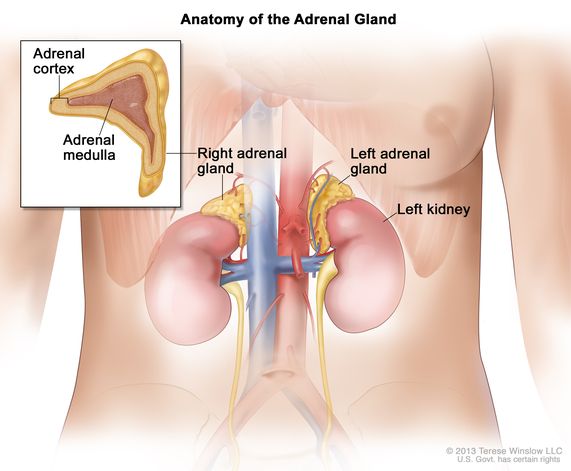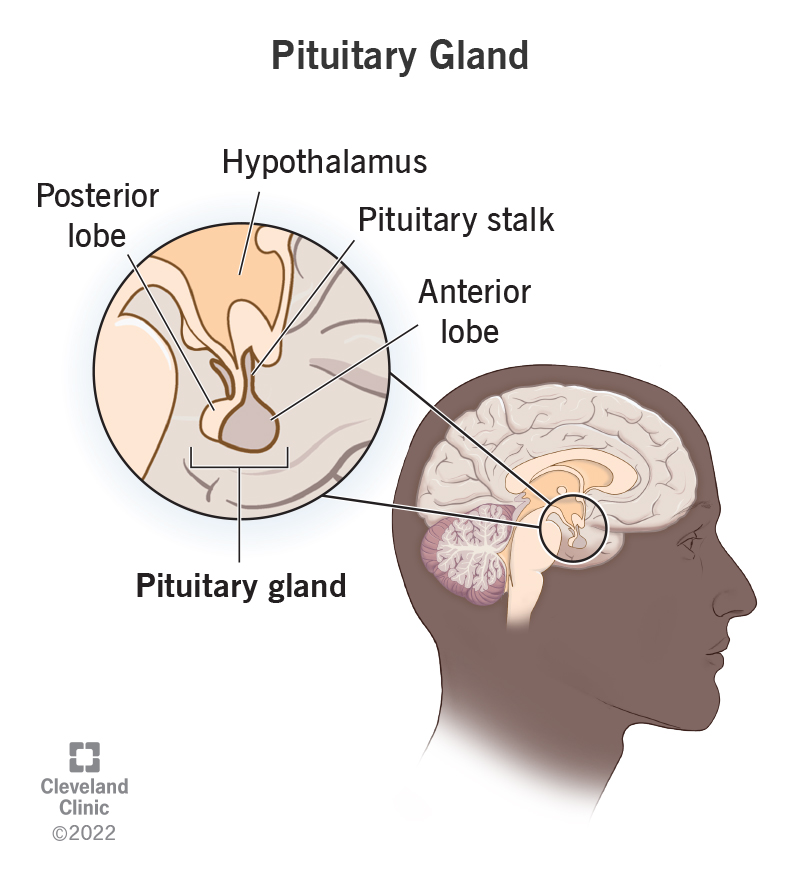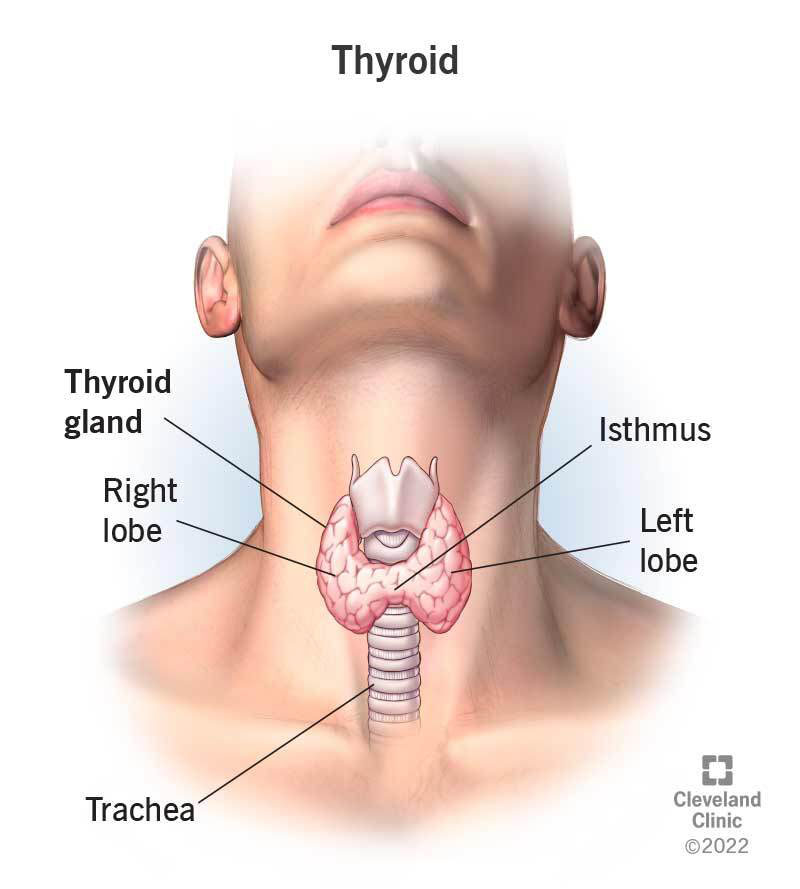Endocrine system
All living things must be able to respond to stimuli...
There are two response systems:
Slow and long lasting versus Fast and short lived
Endocrine Nervous
We will start these two related units with a look at the endocrine system. This is the slow, yet long lasting response system that many organisms have (even plants!). It is also known as the "glands and hormones" unit.
Endocrine means that chemicals (hormones) are produced by special cells (glands) in the body and released in response to a stimuli. They circulate in the blood and effect some cells elsewhere in the body (target tissue).
A gland is a group of specialized cells that produces a substance secreted to effect another part of the body. We will learn some of the more important glands.
A hormone is the substance produced in a gland, released into the blood, and effecting another part of the body. There are lots of these; we will learn the more important ones.
Once the hormone is flowing around the body in the blood, the transmembrane protiens determine whether a tissue gets targeted or not.
Before we dive into specific glands and hormones, let's look at feedback loops. A feedback loop is when there is a sensor that detects the thing being changed (hormones in this case) and the presense of that substance effects the production of it. There are two sorts of feedback loops, positive and negative.
Positive feedback loops mean that the detection of the substance causes the production of yet more of that substance.
Negative feedback loops mean that the detection of the substance causes the production to cease.
Which do we use more often in life systems?
Negative.
Now let's look at some of the glands and hormones:

Pituitary:
The "master gland" is the pituitary and it is located in the brain. It makes many hormones, some of which regulate other glands. A list of some of its more important hormones:
Growth Hormone - causes growth
Thyroid Stimulating Hormone - stimulates the thyroid (which regulates metabolism)
Adrenocorticotropic Hormone - stimulates the adrenal gland (which makes adrenalin - fight or flight response)
Vasopressin - regulates water retention
Oxytocin - warm, fuzzy feelings
Luteinizing Hormone - regulates sex hormones
Follicle Stimulating Hormone - regulates production of sperm and eggs
Prolactin - preps mammary glands to make milk
Thyroid:
The thyroid and parathyroid glands regulate your metabolism and energy level. They make Thyroxine, Calcitonin, and Parathormone that regulate your metabolism, calcium, and phosphorus levels.
Adrenal:
Sitting atop your kidneys are your adrenal glands that produce adrenaline and noradrenaline (aka epinephrine and norepinephrine). These hormones stimulate your fight or flight response. They also make some others like Cortisol (metabolism) and Aldosterone (salt balance)

Pancreas:
The pancreas makes Glucagon and Insulin. Both of these regulate sugar metabolism.

Gonads:
Ovaries and Testes make estrogen, progesterone, and testosterone.
These prepare the body to reproduce and also cause the secondary sex characteristics.

Penial gland:
Makes melatonin which regulates your circadian rhythms (daily cycles)

In order to understand these complex glands and hormones better, it is helpful to look at what happens if you produce more or less than normal of each one. Or if the body does not recognize the hormone. We will use many examples in class.

